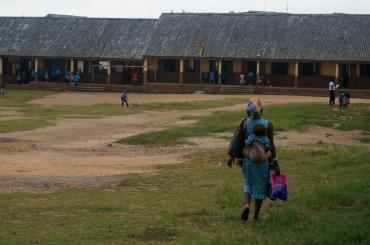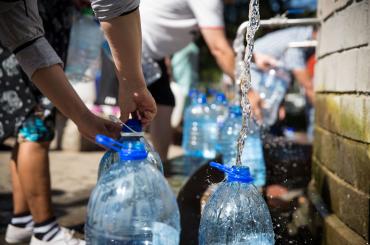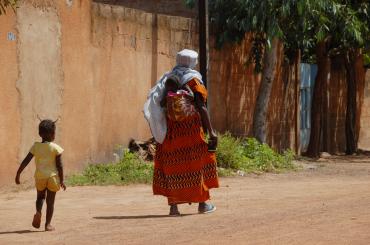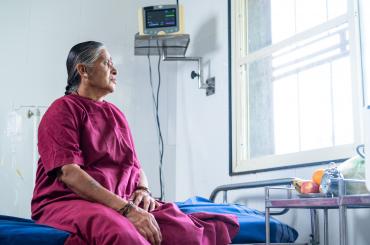

Pascaline Dupas is Professor of Economics and Public Affairs at Princeton University. She joined the Princeton faculty in July 2023. She was previously the Kleinheinz Family Professor of International Studies at Stanford University, where she spent 12 years on the faculty. She has also held faculty positions at Dartmouth College and UCLA.
Pascaline Dupas is a development economist studying the challenges facing poor households in lower income countries and their root causes. Her goal is to identify interventions and policies that can help overcome these challenges and reduce global poverty. She conducts extensive fieldwork. Her ongoing research include studies of education policy in Ghana, family planning policy in Burkina Faso, and government subsidized health insurance in India, among others.
She is the co—President of the Bureau for Research and Economic Analysis of Development (BREAD), a board member and affiliate of the Jameel Poverty Action Lab (JPAL), and a Research Associate at the National Bureau for Economic Research (NBER).
In 2013 she received a National Science Foundation CAREER award, awarded by the US government to recognize and honor outstanding scientists and engineers at the outset of their independent research careers. In 2015 she received the Best Young French Economist Prize, awarded to the French economist under 40 whose work is most influential. She is a Fellow of the Econometric Society, a former Sloan Fellow, and a former Guggenheim Fellow.
Dupas studied philosophy and economics as an undergraduate student at the École Normale Superieure (Ulm). She obtained a PhD in Economics from the École des Hautes Études en Sciences Sociales in 2006.
Recent work by Pascaline Dupas
-

Subsidising secondary education has huge benefits, for this generation and the next
As countries in Sub-Saharan Africa debate the costs and benefits of subsidising secondary education, a 15-year RCT in Ghana finds large multi-generation impacts.
Published 17.02.25
-

Improving access to and usage of clean water
Why has water treatment been historically neglected by governments and donors given the significant short- and long-term benefits of clean water provision and use? How can we design interventions to ensure households have access to and use clean water?
Published 04.09.24
-

Free contraception had no impact on birth rates in Burkina Faso
Providing free access to all modern contraceptive products for three years in local public health centres in rural Burkina Faso had no detectable effect on birth rates, suggesting that fertility levels are in line with how many children families want...
Published 24.07.24
-

Gender disparities in the use of government health insurance in India
There are stark gender disparities in hospital usage in India which increase with the cost of care. Social subsidies are unlikely to close disparities without gender-targeted efforts
Published 07.03.24
-

Expanding access to clean water for the rural poor: Evidence from Malawi
Offering coupons for free chlorine is an effective way to increase water treatment and prevent waterborne diseases
Published 10.08.22
-

The impact of digital credit in low-income countries
Digital credit does not appear to systematically improve lives, while the lack of transparency raises serious concerns about predatory lending
Published 10.06.22
-

Delivering health subsidies in developing countries
Contrary to existing service delivery literature, an audit finds that health workers effectively implement health subsidies in Ghana, Kenya and Uganda
Published 23.06.17
-

Do health subsidies help?
In this video, Pascaline Dupas discusses how a full subsidy of health products increases the number of people benefitting from health products
Published 18.07.16